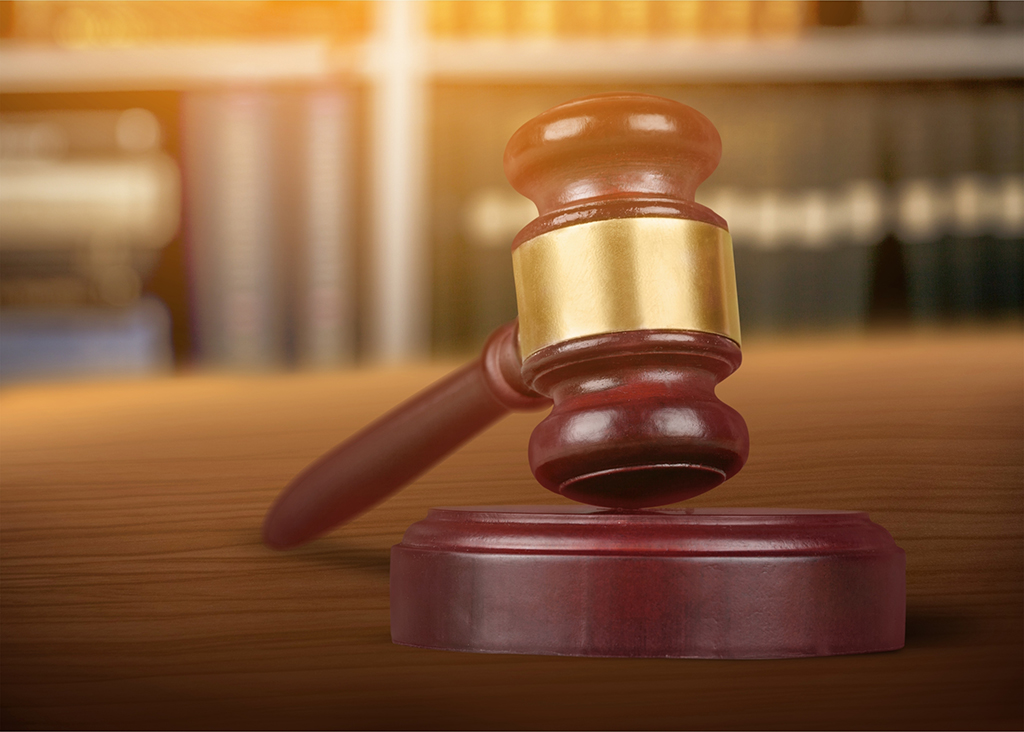Genetic information that is submitted to an employer, genetic testing company, or any non-healthcare entity not beholden to HIPAA laws is considered private, and it is protected under the Illinois Genetic Information Privacy Act (GIPA). The purpose of GIPA is to protect individuals from having their genetic information disclosed, sold, or transferred without their consent or used against them in a discriminatory manner. If your genetic information has been used in a way that violates GIPA, you can hold those who are responsible accountable through a privacy class action lawsuit.
Our experienced attorneys at The Good Law Group can help you file a privacy class action lawsuit to hold those accountable who misuse your genetic material in violation of GIPA. We will review the details of your case to determine if a GIPA violation has occurred and take the next steps to bring forth a lawsuit against those responsible.
We are located in Chicago, IL but are ready to help those who have been impacted by a GIPA violation throughout Illinois.
What is GIPA?
The Illinois Genetic Information Privacy Act (GIPA) was enacted in 1998 to protect individuals from having their genetic information disclosed without their consent and/or used against them in a discriminatory manner. GIPA was amended in 2008 to increase protections and become more aligned with the Federal Genetic Information Nondiscrimination Act of 2008 (GINA). According to GIPA, the following is considered protected genetic information:
- Genetic tests of an individual
- Genetic tests of the family members of an individual
- Information concerning disease or disorders in family members of the individual
GIPA also defines the following as family members of the individual:
- Spouse of the individual
- Dependent child of the individual
- Any other person that qualifies as a covered dependent
- All individuals related by blood or by law to the individual
Most violations of GIPA involve the sale or transfer of an individual’s genetic information without their consent. However, there have been an increasing number of class action lawsuits against employers for violating GIPA by soliciting, requesting, or requiring prospective and current employees to disclose their family medical history. Healthcare providers and genetic testing companies like 23andMe can also be sued for data breaches that compromise the privacy of genetic information submitted by individuals.
GIPA Lawsuits Against Employers
There has been a recent increase in GIPA class action lawsuits against employers requiring the disclosure of genetic information as a condition of employment. This violates GIPA as employers may use this information in a discriminatory manner to deprive individuals of employment or opportunities as an employee.
Under GIPA, employers cannot directly or indirectly do the following:
- Request, require, or purchase genetic information of an individual or a family member of the individual as a condition of employment or applying for employment
- Use genetic information from an individual or a family member of the individual to affect the terms, conditions, and privileges of employment and/or preemployment application, or terminate the individual
- Limit, segregate, or classify employees in any manner that would deprive or potentially deprive any individual of employment opportunities or adversely affect the status of an employee due to genetic information related to the employee or their family members, or requests for the receipt of genetic testing or genetic information by the employee or their family.
- Retaliate against any individual alleging a violation of GIPA through discharge or any other manner
There are some exceptions under GIPA that allow employers to request genetic information that include:
- Using genetic information or testing to implement a wellness program in the workplace that benefits employees
- Genetic testing requested by an employee who provides written authorization to initiate a workers’ compensation claim
- Genetic testing for DNA analysis for law enforcement purposes
- Genetic testing to monitor the biological effects of toxic substances in the workplace
In order for employers to be found in violation of GIPA, discriminatory intent must be uncovered. There is a right of private action under GIPA that allows any individual who is the subject of wrongdoing under the act to hold the offending party accountable. There is no statute of limitations under GIPA which means a lawsuit can be brought for GIPA violations at any time.
If you believe your employer has violated GIPA, talk to one of our attorneys at The Good Law Group to review your case.
GIPA Lawsuits for Genetic Information Breaches
Healthcare providers must comply with privacy laws under HIPAA to protect the privacy of genetic information they collect from patients. If a data breach occurs that results in genetic information being compromised, individuals affected can bring class action lawsuits against the healthcare providers. In these cases, healthcare providers can be found liable if they failed to protect genetic information as outlined in HIPAA laws.
Genetic testing companies such as 23andMe and Ancestry are not considered healthcare providers, therefore they are not beholden to HIPAA laws. However, these companies are beholden to GIPA which requires them to protect genetic information and not disclose or transfer it without consent or use it in a discriminatory manner.
In the fall of 2023, the databases of 23andMe were hacked and the genetic information of almost 7 million people was compromised. Under Illinois GIPA law, those who were affected can file class action lawsuits against 23andMe to hold them responsible for the data breach and recover damages.
If your genetic information was disclosed, sold, or transferred without your consent or compromised in a data breach of a genetic testing company, you can file a lawsuit against them for violating GIPA. Our attorneys will review your case and go over the next steps to hold them accountable and recover damages.
Privacy Class Action Lawsuits for GIPA Violations
Your genetic information is private information protected under the Illinois Genetic Information Privacy Act. If your genetic information was compromised in a data breach or used in a way that violates GIPA, get in touch with our attorneys at The Good Law Group. We will review the details of your case and help you bring a class action lawsuit against those responsible.
Our attorneys are well versed in privacy protection laws, and we can file a class action lawsuit to hold those in violation accountable and recover damages for those affected. You will not pay us a fee or incur any out-of-pocket costs unless we are successful in recovering damages.
If you are the victim of a GIPA violation, you can call The Good Law Group at (847) 577-4476 to talk to our attorneys.









